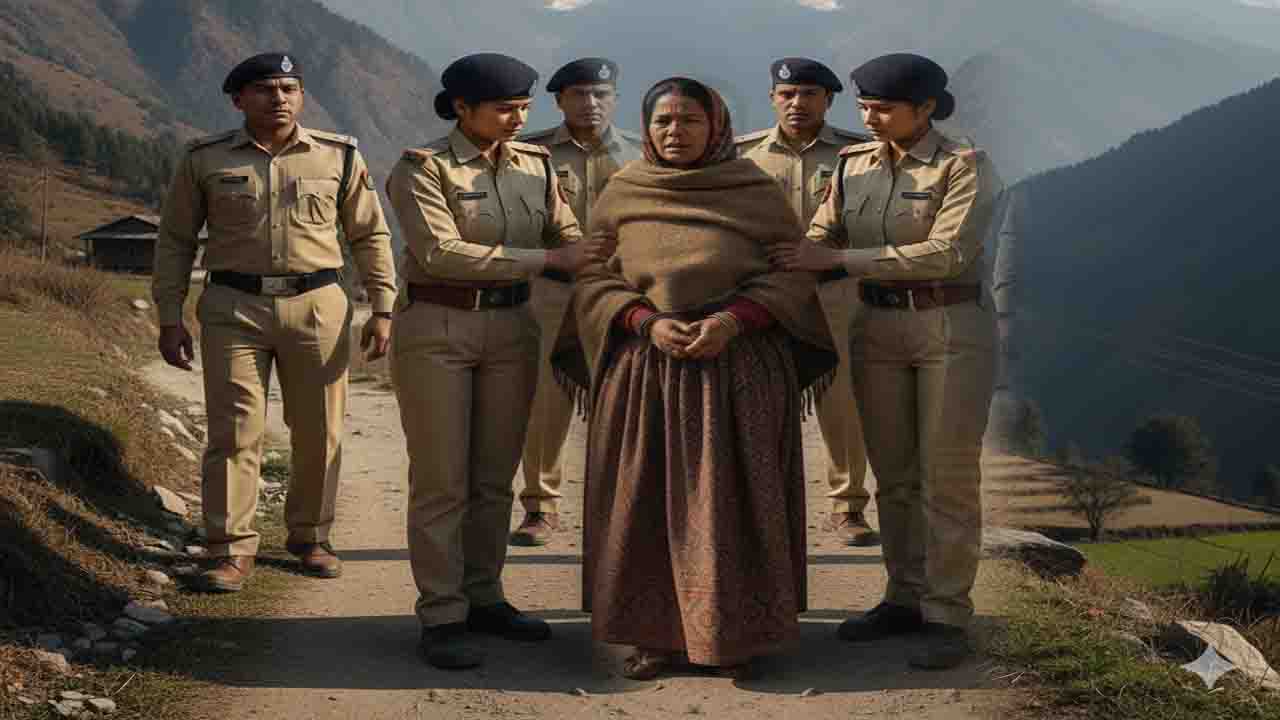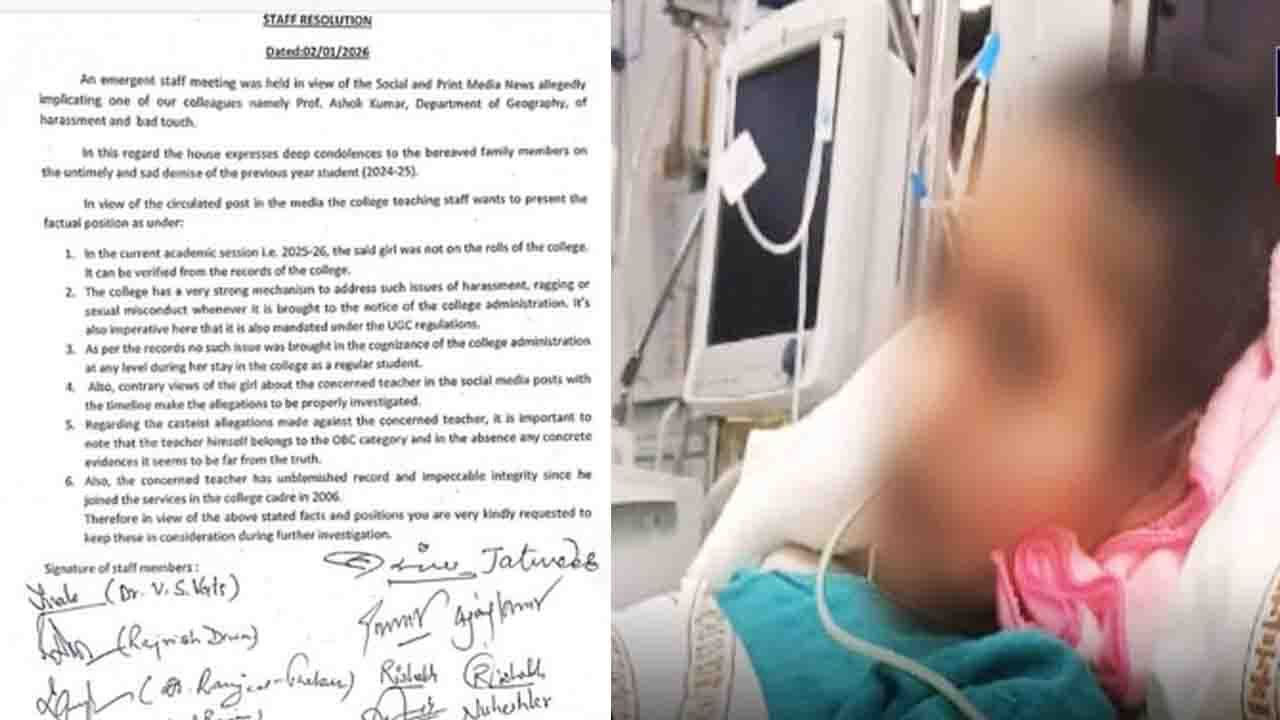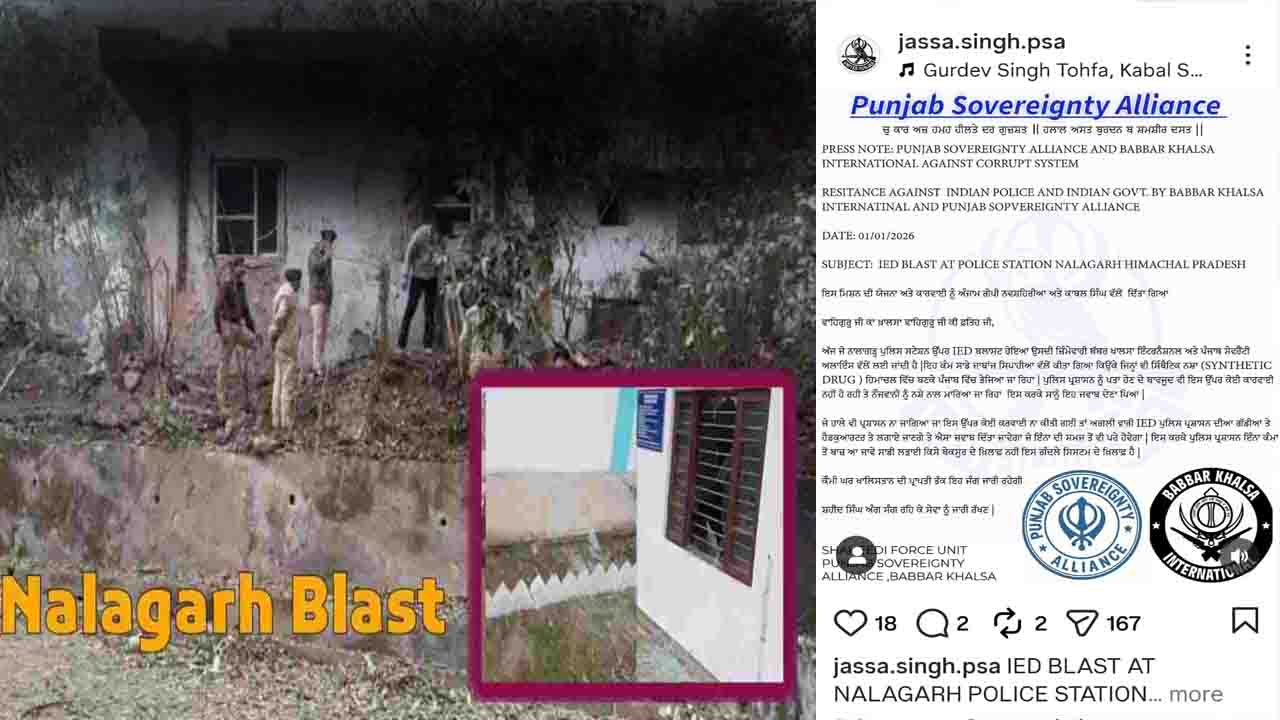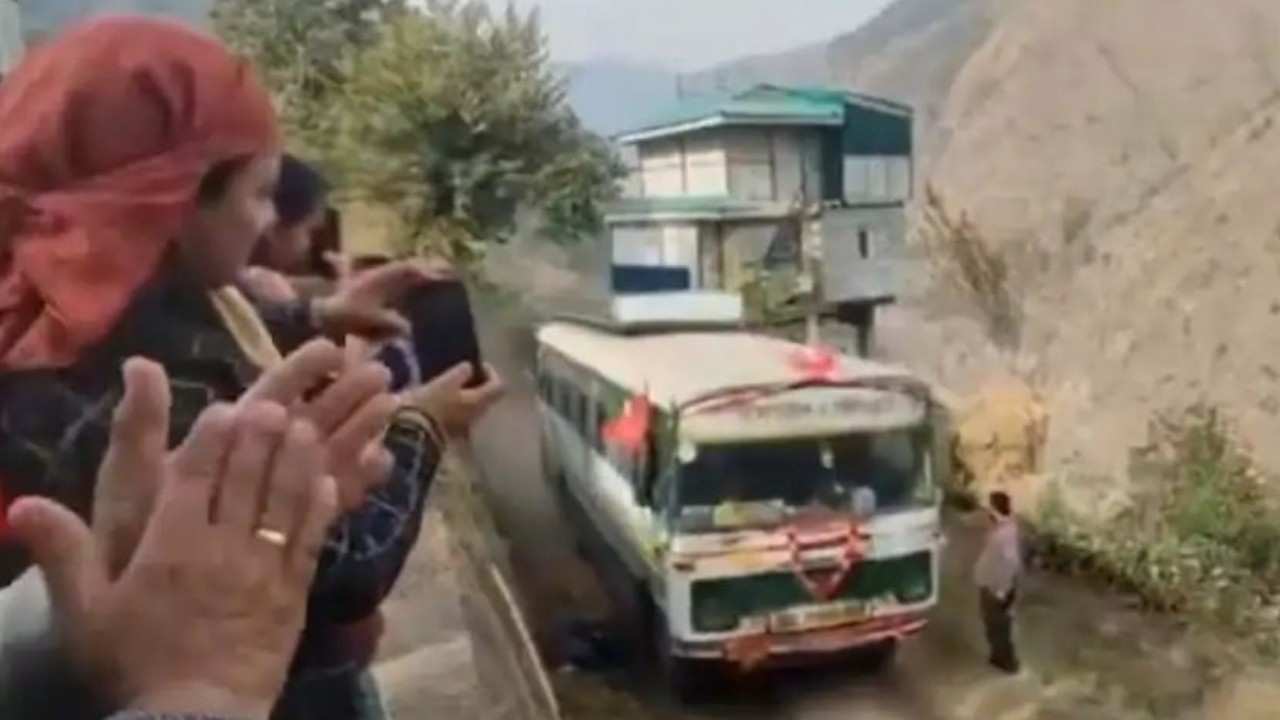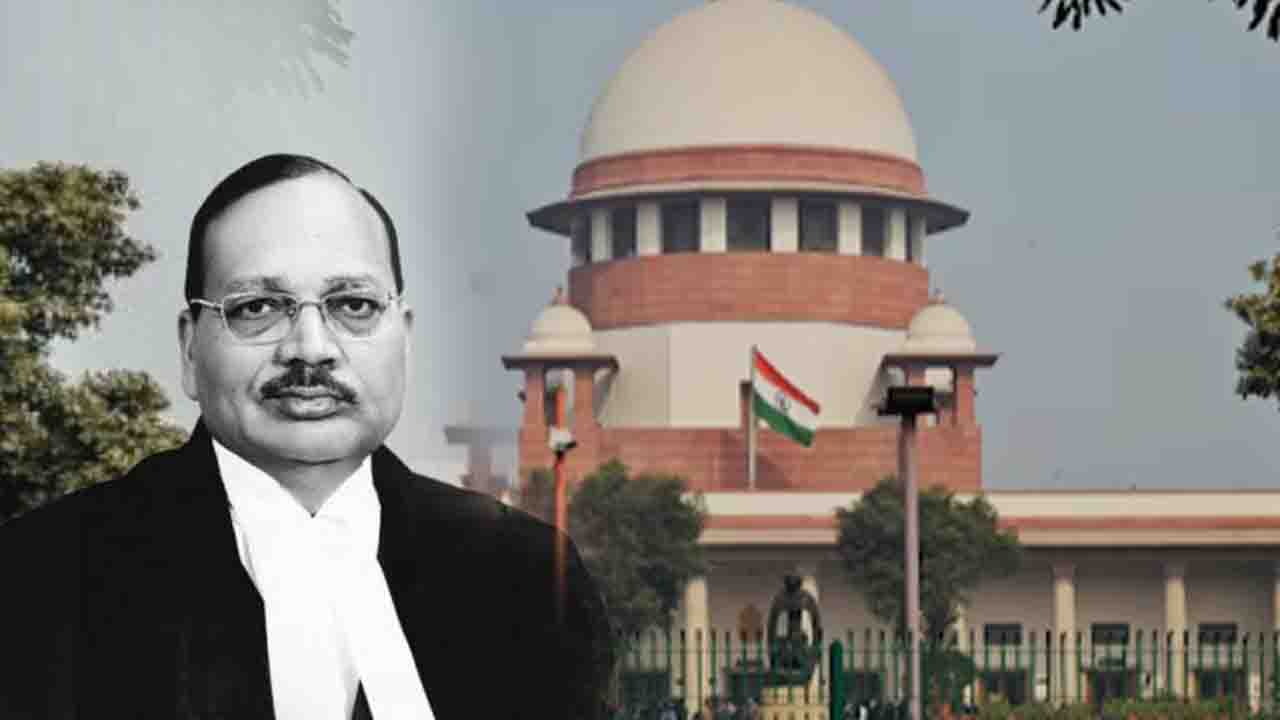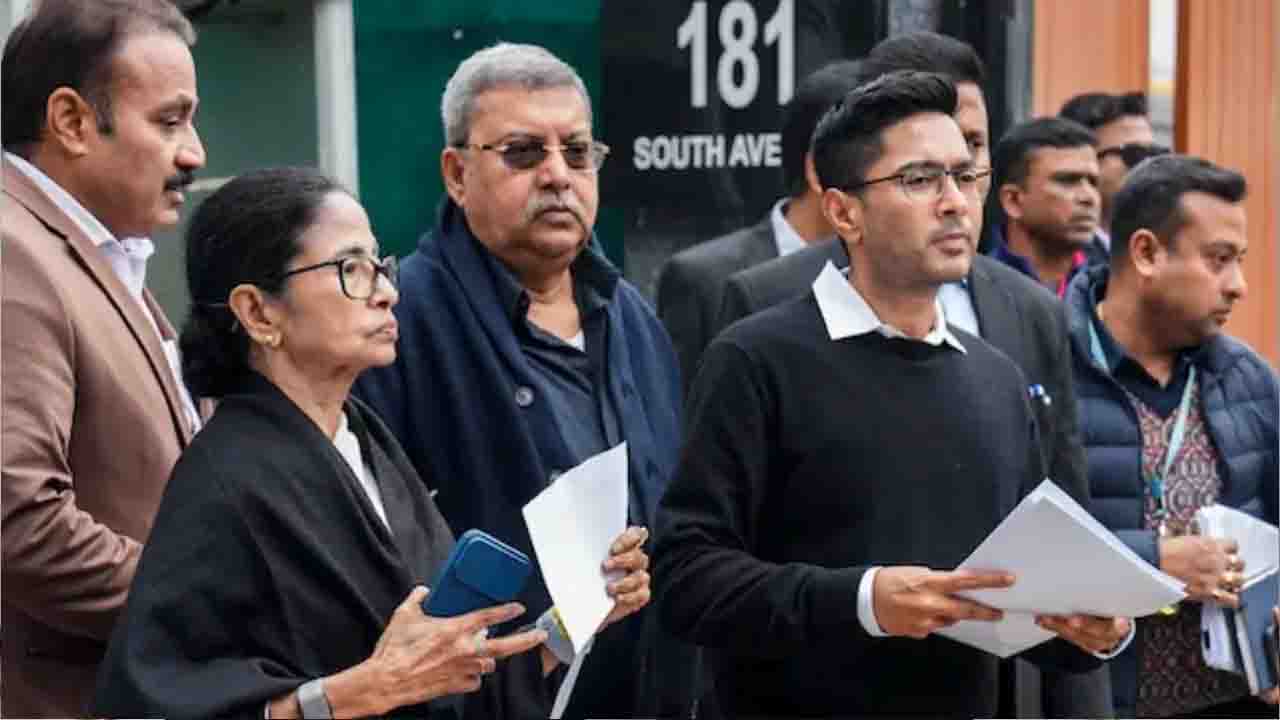Rohru Suicide Horror: In a significant breakthrough in the heartbreaking Rohru suicide case, police arrested the prime accused woman late Wednesday night for her alleged role in the caste-based harassment that drove a 12-year-old Dalit boy to take his own life. The arrest came hours after the Himachal Pradesh High Court dismissed her plea for surrender, underscoring the judiciary’s firm stance against atrocities under the SC/ST Act.
The incident unfolded in Limbra village under the Chidgaon police station in Rohru subdivision, Shimla district. On September 16, the young victim, tormented by relentless discrimination, allegedly consumed poison. His family has accused a group of women from the village of slapping the boy over his caste, locking him in a cowshed, and even demanding a goat from them under the guise of “purification” rituals—acts that reek of deep-seated caste prejudice. Rushed to IGMC Shimla in critical condition, the child succumbed to his injuries the next night.
Initially, the police registered a case under general sections, but mounting evidence of harassment prompted them to invoke provisions of the Scheduled Castes and Scheduled Tribes (Prevention of Atrocities) Act on September 26. The case drew sharp scrutiny from the Himachal Pradesh Scheduled Castes Commission, which flagged procedural lapses and demanded accountability.
The High Court’s intervention proved pivotal. On October 14, Justice Rakesh Kainthala quashed the anticipatory bail previously granted to the accused, declaring it invalid under Section 18 of the SC/ST Act, which prohibits such relief in atrocities cases. Undeterred, the woman approached the court again on October 15 with a surrender petition, only for it to be rejected outright. Acting swiftly on the court’s directive, the Chidgaon police team apprehended her that very night. She is slated to be produced before a magistrate today.
Rohru DSP Pranav Chauhan confirmed the development, emphasizing the gravity of the matter. “The accused will be presented in court, and we are conducting the investigation with utmost seriousness and responsibility,” he told reporters. Investigations into additional angles are ongoing, bolstered by the High Court’s endorsement of an impartial probe report submitted so far.
The Scheduled Castes Commission has been vocal in its criticism of the initial police response. Chairman Kuldeep Kumar Dhiman, who visited Rohru on Wednesday for a detailed briefing from officials, lambasted the force for omitting SC/ST Act sections in the September 20 FIR despite the family’s explicit complaints of being branded “untouchables” and coerced into providing a goat. “This was a grave oversight,” Dhiman asserted, noting that the law was only enforced after High Court pressure. He revealed that a report sought from Rohru SDPO on October 1 arrived belatedly via the DGP’s office on October 14, prompting a notice for explanation.
Dhiman’s visit also led to the suspension of ASI Manjeet over perceived sluggishness in the probe. Citing threats to the victim’s family, he directed enhanced security measures. With the case snowballing into a national outrage, the Commission vows to oversee an impartial and expedited investigation to deliver justice.
This tragic episode serves as a stark reminder of the persistent scourge of caste violence in rural India, even as judicial and institutional mechanisms strive to uphold the dignity of the marginalized. As the probe deepens, all eyes are on the courts to ensure the accused faces the full might of the law.
